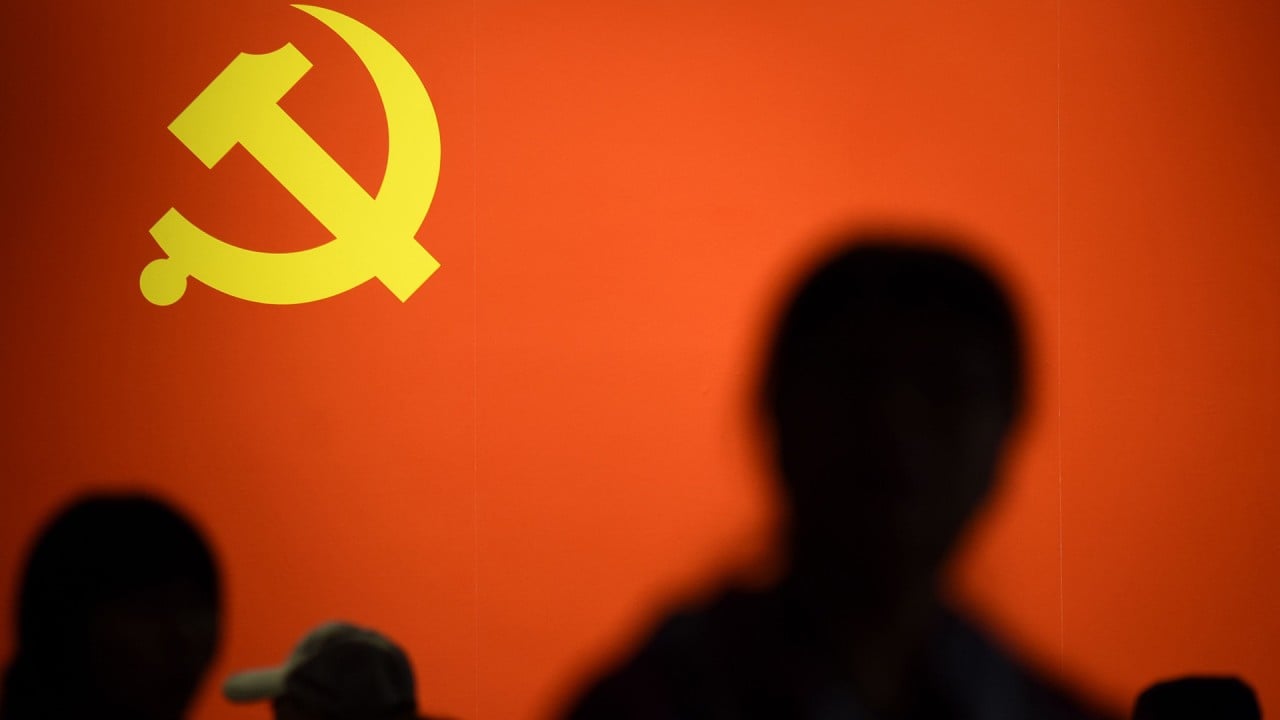Advertisement
China’s internet watchdog calls for ‘favourable’ environment ahead of third plenum
- Cyberspace Administration of China issues directive ahead of the Communist Party meeting, which will determine the course of economic policy
Reading Time:2 minutes
Why you can trust SCMP
1

China’s top internet watchdog has called on regulators and internet companies to create a “favourable” environment ahead of a crucial Communist Party meeting this month.
The Cyberspace Administration of China (CAC) made the call at a national cyberspace meeting held last week, according to a statement released on social media on Tuesday.
The meeting came less than a month ahead of the third plenum, a gathering of more than 370 members of the party elite setting out the policy direction to tackle China’s economic and social challenges over the next five to 10 years.
CAC deputy director Niu Yibing urged all departments and China’s web platforms to “go all out” to create a “favourable” public opinion environment in the build-up to the four-day meeting, which starts in just under two weeks.
“[We must] adhere to the correct political position of directing public opinion and orienting social values,” the statement said, also vowing to continue a crackdown on bad behaviour online.
The statement also warned regulators and internet companies to properly handle “the relationship between security and development”.
Advertisement
